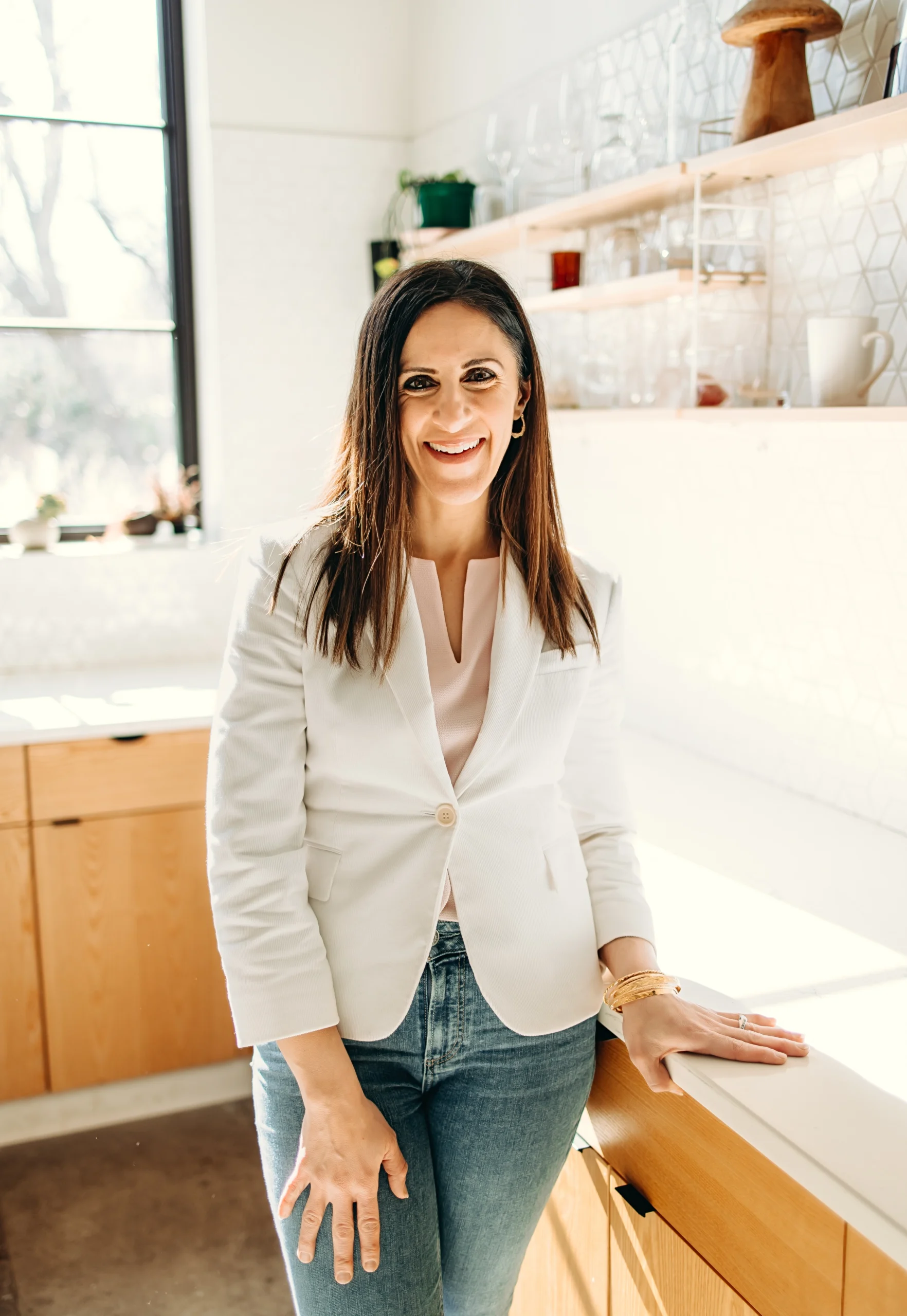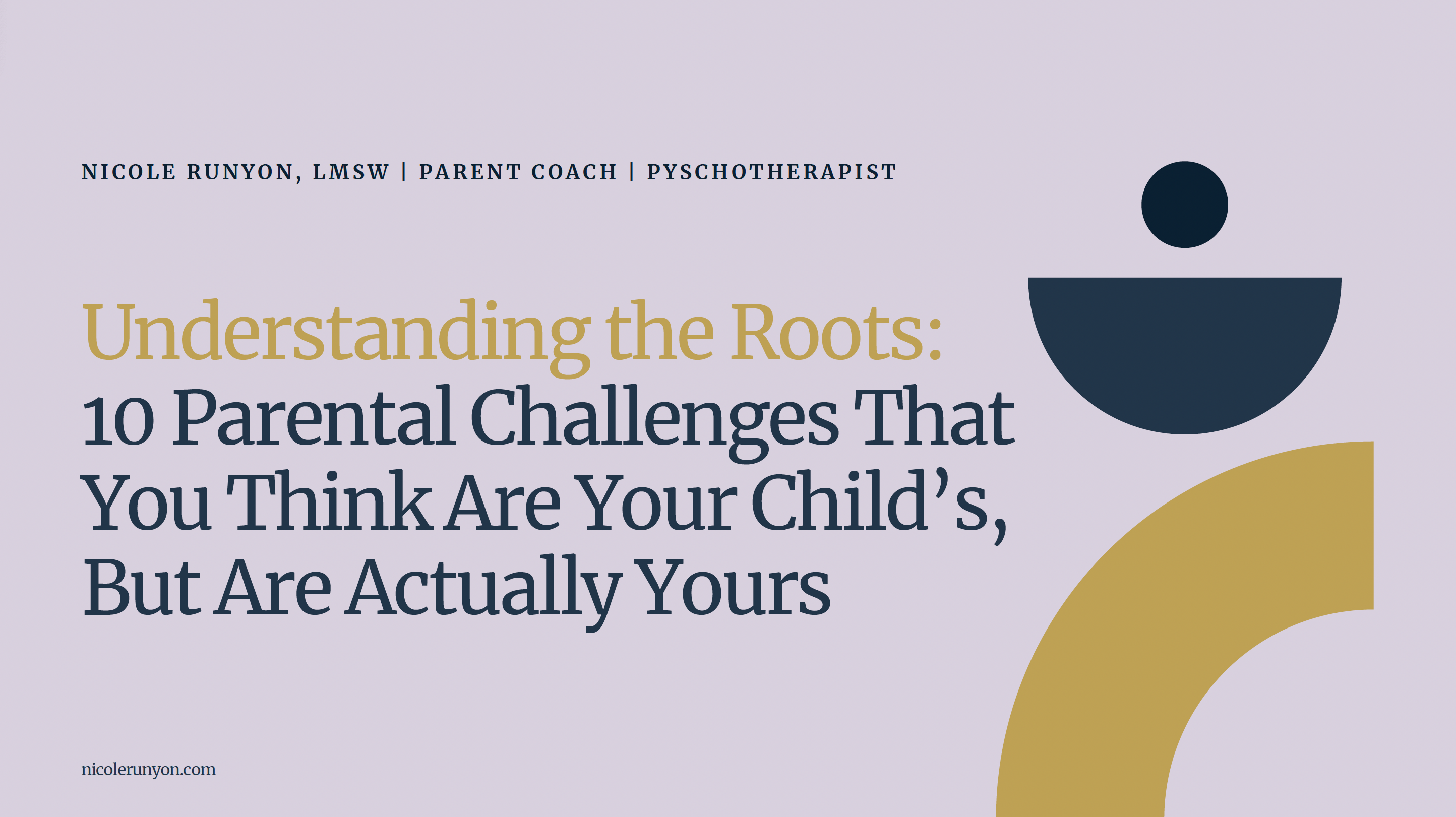As I embarked on the journey of becoming a mother to two beautiful children, concerns about their relationship and how well they would get along weighed heavily on my mind. Seeking guidance from my mentor, I received an insightful response that has since shaped my approach to parenting: “Whether or not siblings get along has everything to do with the parents.”
At first, this statement left me questioning my abilities as a mother. How could I ensure a harmonious relationship between my two kids? The answer, I discovered, lies in the intricate art of fostering a healthy family system.
My mentor’s wisdom urged me to foster an environment where each family member plays a vital role in maintaining balance and emotional regulation. Emphasizing the pivotal role parents play in shaping their children’s relationships, it highlighted the interconnectedness of family dynamics.
This concept of balance involved equitable distribution of attention and care among siblings, celebrating their unique qualities, and establishing routines that promote shared responsibilities. Emotional regulation became crucial, with parents modeling healthy coping mechanisms and communication strategies to guide their children through conflicts.
Recognizing the profound influence parents have on shaping family dynamics, I became intentional about creating shared experiences and open communication. The goal was to sow the seeds of empathy, cooperation, and mutual respect, leading to a flourishing bond between my children. In essence, my mentor’s wisdom became a guiding principle for cultivating a harmonious family environment.
Of course, I grappled with self-doubt, uncertain if I could divide my love between two children. A poignant moment with my great aunt served as a turning point. Holding up all five fingers, she asked, “Which one do you love more? Which one would you want to part with?” Her message was clear: each child is unique, serving different purposes in a parent’s life. Love, she emphasized, is not a finite resource but rather a boundless capacity that grows with each addition to the family.
My cousin, whose children were already grown, offered another nugget of wisdom. “You have to adjust to doing what’s best for two kids, not just one.” This profound advice resonated deeply, prompting a shift in my mindset.
The journey was not without its challenges, and looking back, I acknowledge the mistakes and regrets that peppered my parenting experience. Yet, despite the bumps along the way, a heartwarming moment affirmed that perhaps I hadn’t done such a bad job after all.
My youngest, faced with the decision of whom to bring to a special person’s day at her school, chose her older brother. It was a touching affirmation that the bonds between siblings can withstand even the imperfect moments of parenting.
Sure, he might have to take a morning off from school and work hard to catch up on missed classes, but his acceptance spoke volumes. It was a testament to the enduring connection forged between siblings, transcending the challenges and imperfections of the parenting journey.
In retrospect, I’ve come to understand that parenting is a dynamic process of adaptation. It involves learning to meet the individual needs of each child and adjusting to the unique roles parents play in their lives. The love we give is not a zero-sum game but an expanding force that enriches the family tapestry.
So, to all parents navigating the intricate puzzle of raising siblings, remember that your influence is profound. As you nurture the unique qualities of each child, you contribute to the symphony of sibling bonds that can last a lifetime.

